
He’s a lifelong unionized worker, has gone to PawSox games for the last four decades, and knows cities intimately as a former telephone worker. Dan Murphy also went to every Listening Tour stop last summer when owner Larry Lucchino was trying to get a new stadium built by the taxpayers in Providence as one of the leaders of the grassroots resistance, vociferous in his rejection of the proposed deal then and now still opposed to public funding for renovations of private buildings, be it McCoy Stadium or the Superman building in downtown Providence.
Recently the pre-bid press conference was held at McCoy Stadium for “proposals from qualified firms to prepare a master plan study (the “Study”) of the McCoy Stadium facility and surrounding area located in Pawtucket, Rhode Island. The intent of the Study is to develop a master plan for significant repairs, upgrades, system replacements and/or improvements to McCoy Stadium and the surrounding area. The State of Rhode Island has regularly financed capital improvements to McCoy Stadium.” This comes more than a year after the late Jim Skeffington and Lucchino told the public a study had already been done and found that renovations for McCoy were too costly.

At a moment when bankruptcy is being floated in regards to the capital city, school buildings are in abject shambles, the birthing unit of a Pawtucket hospital is due to be closed, and unemployment and under-employment still high, Pawtucket Mayor Donald Grebien and state leaders are seriously considering this in two different instances. Murphy has read through the bid solicitation document for the PawSox and remains unimpressed.
“You can’t buy it with capitalism and pay for it with socialism, it doesn’t work that way,” he said. “If the state owns a piece of it and it looks like a good deal, then it’s worth considering. Other than that, no. To make rich people richer? No way! Neither one of those facilities is life-essential, like a hospital or a police-fire station combination or something to that effect. This is just a stadium and its just a building and they’re not going to make anyone any richer except for the people who own them.”
Click the Player Below to Listen to More of This Interview!
Is there any indication that Lucchino has any interest in keeping the team in Pawtucket for at least the next 25 years? “Oh God no. They’re shopping around, they’re holding their cards close to the vest. I think this whole song and dance they’re doing now with they’re supposedly rebuilding the trust and all that crap? They’re not looking to do that. They’re looking at the fans that go to a certain amount of games every year, and you can count on them like clockwork, they’re not bothering with them, just like they didn’t bother with us last year. They assume we’ll keep coming and if we don’t we’ll be replaced with the new hipster-type fans.”
Murphy’s years of going to the PawSox games have helped him learn about the neighborhood surrounding McCoy intimately. “I think their only investment in the community surrounding McCoy Stadium would be to level it and to build it into something that they want. That’s about it. If you recall when we were putting up with those dog-and-pony shows last summer, [team president Charles] Steinberg never really had anything good to say about the neighborhood around McCoy, he saw that as a negative, almost like it was a ghetto or a slum or something. It’s a lot of three-decker houses that were very well-kept and that’s a very clean neighborhood. Walk around it sometime! It’s a very clean neighborhood. But that whole neighborhood is going to get the kiss of death if Lucchino and his boys get their way.”
What is Lucchino like in comparison to late owner Ben Mondor? “Ben Mondor brought almost like a warmth, a trust, a friendship, a guy that you would sit down with and have a beer, even though his social and financial stature is way different than your own. He was a good guy. That’s the way he was looked at and people supported what he wanted to do because he never wanted to bring that stadium above the people who went there. He wanted to keep the team in Pawtucket, he wanted to keep the games being played there, he wanted to stay in that stadium if at all possible. He was your typical Rhode Islander, even though I believe he was from Canada originally,” he says.
“Lucchino, his history has been just build a stadium and flip it or rebuild a stadium and flip it. He’s not a baseball man, he’s a businessman and the same thing with his whole crew with him, his yes-men.”
“I don’t think they are above moving [the team] right when [construction] is starting to happen. It’s strictly business.”


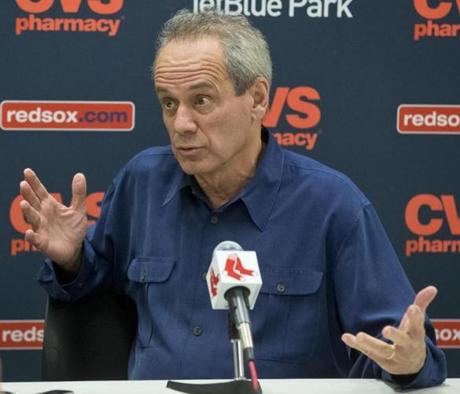

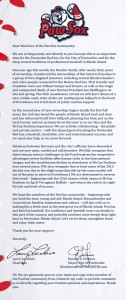


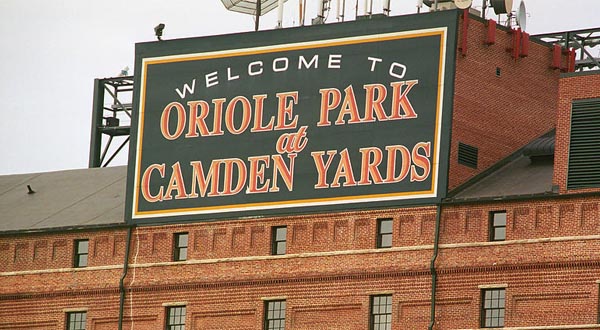
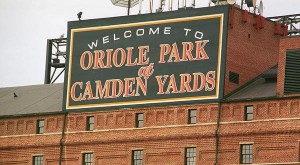

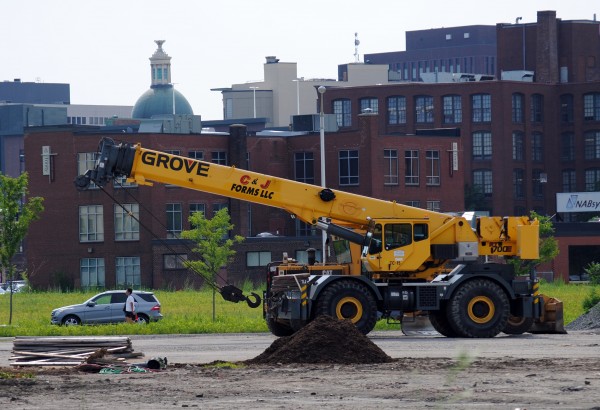



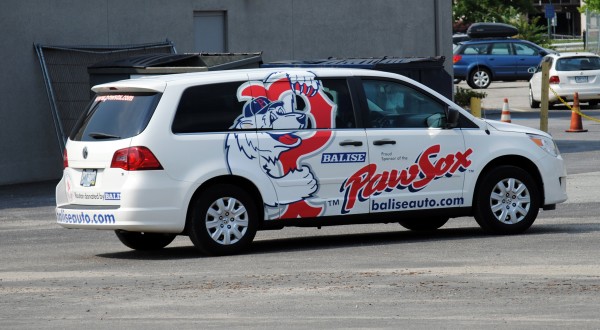
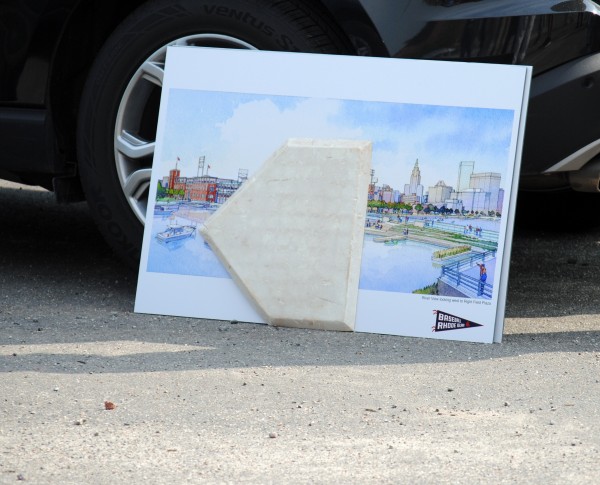

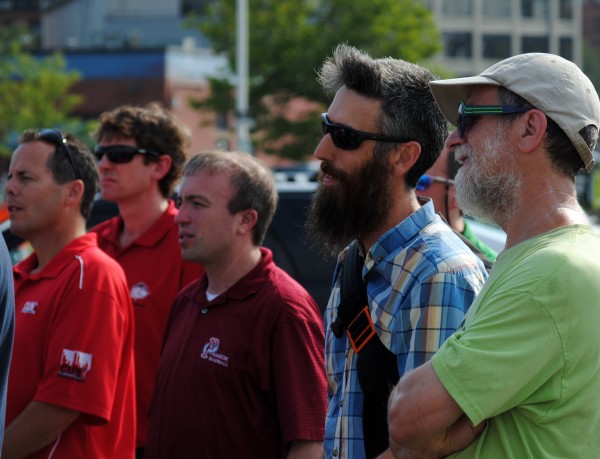
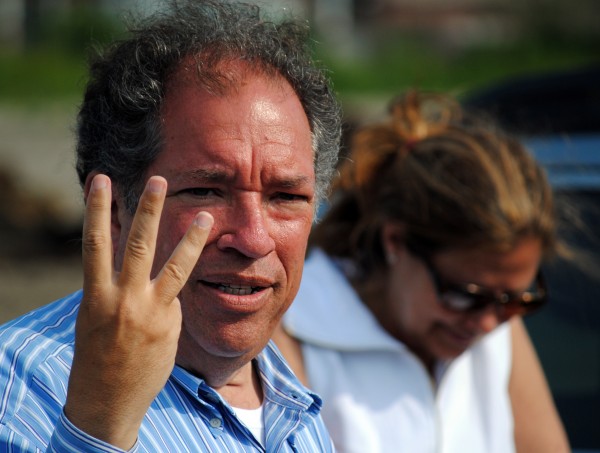
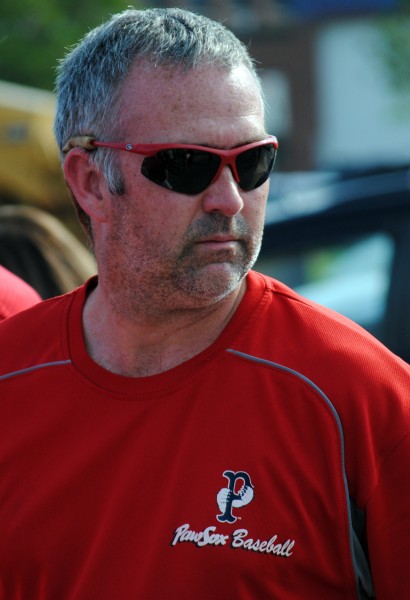

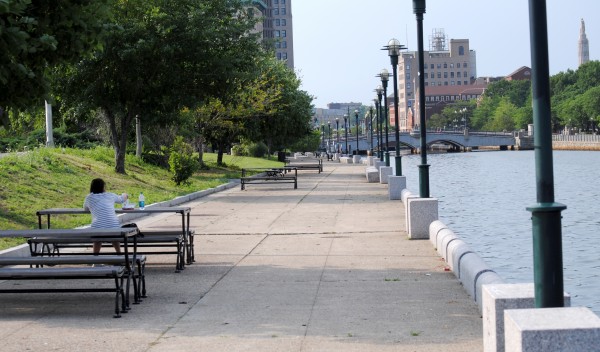
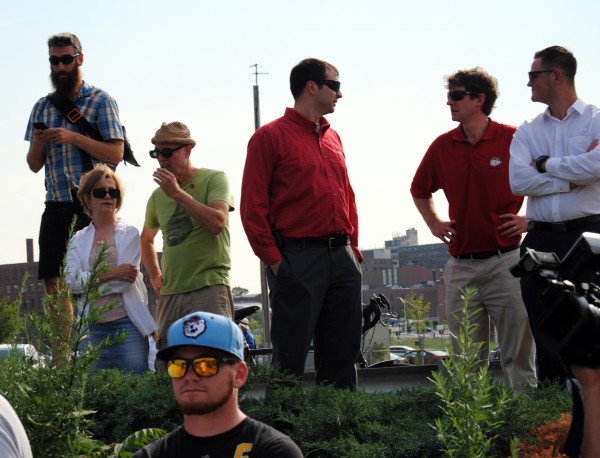

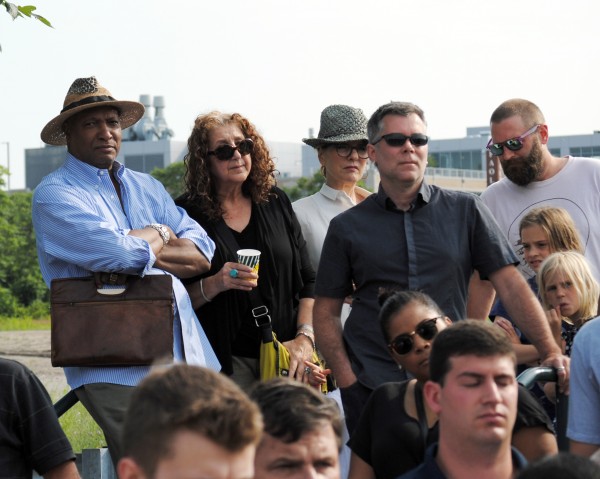

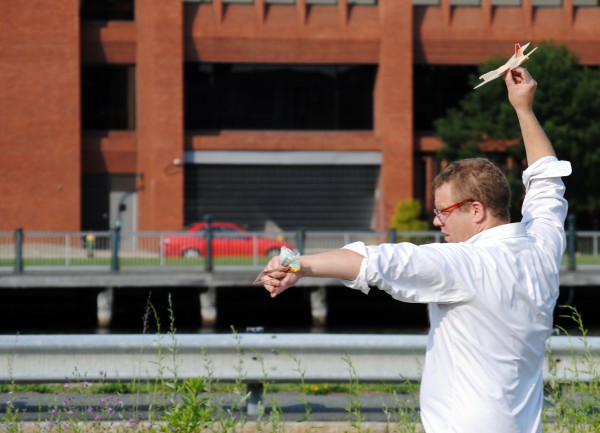
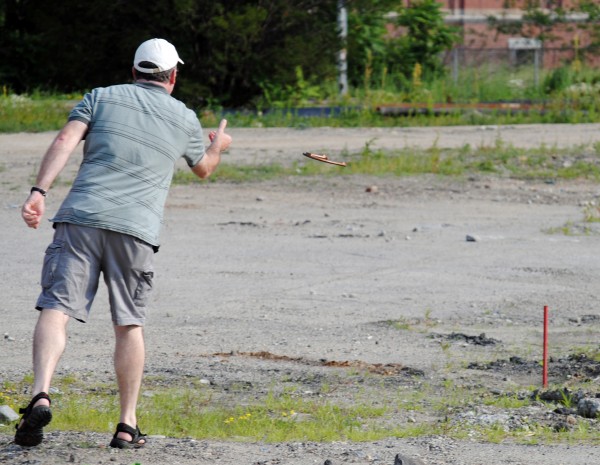
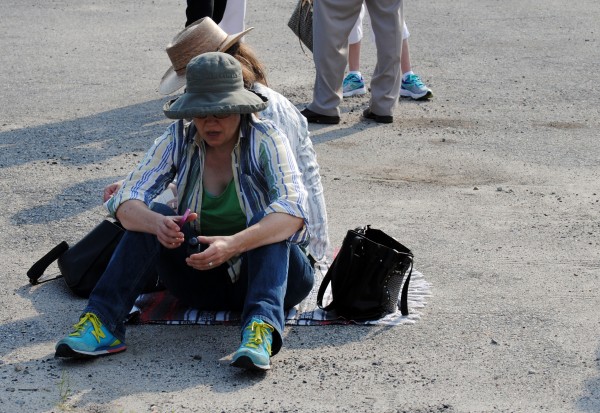
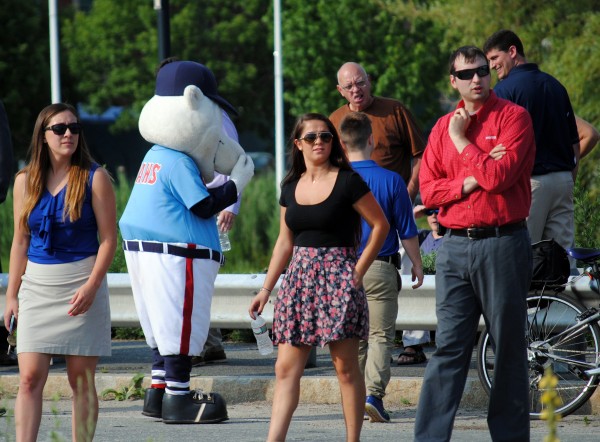
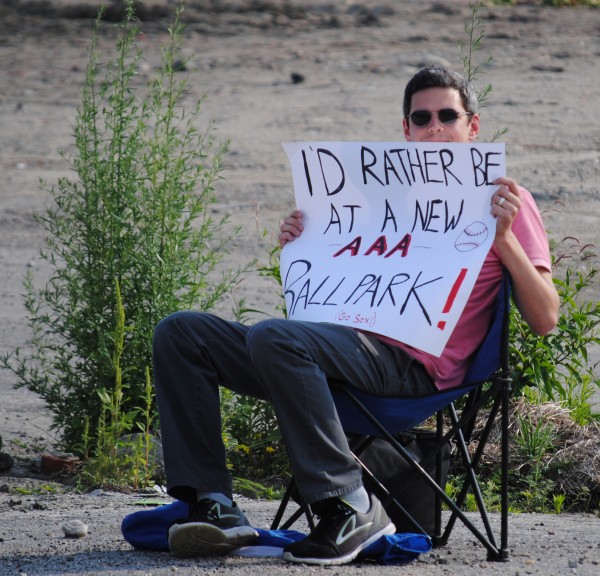
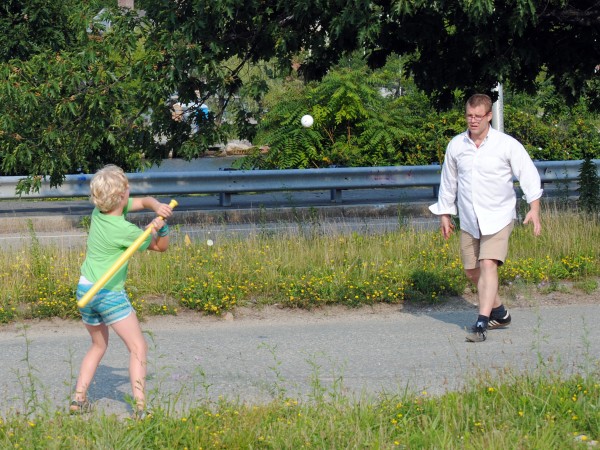
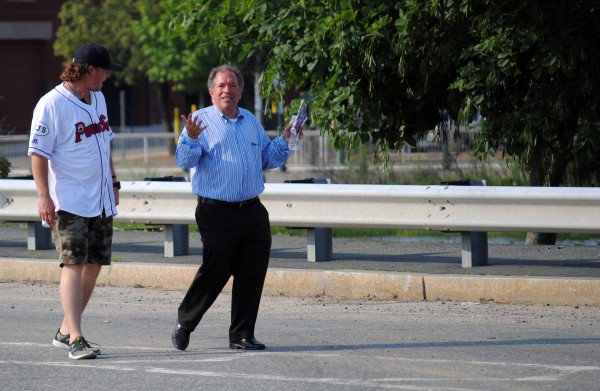


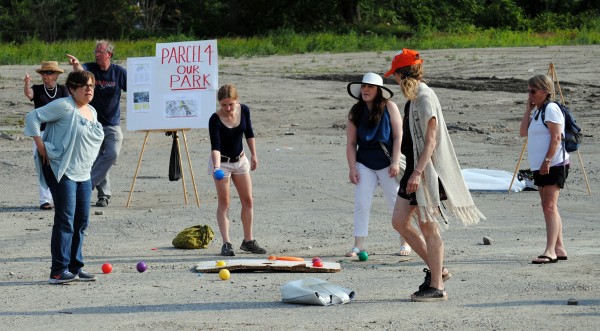
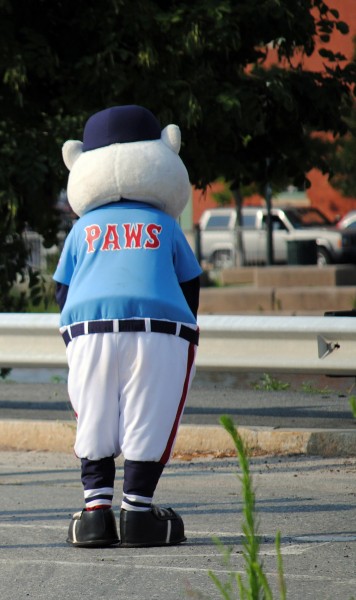
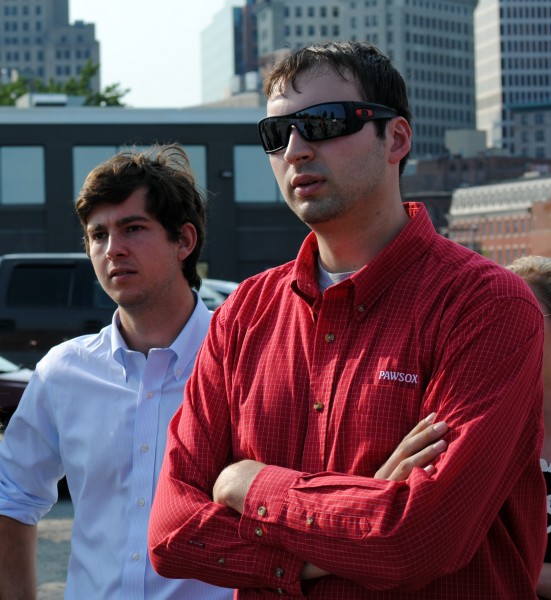
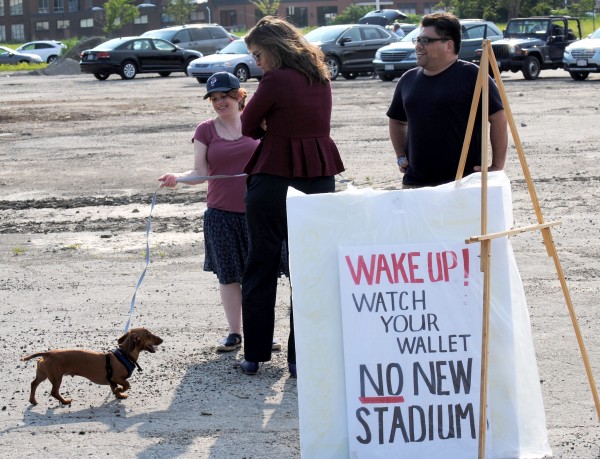
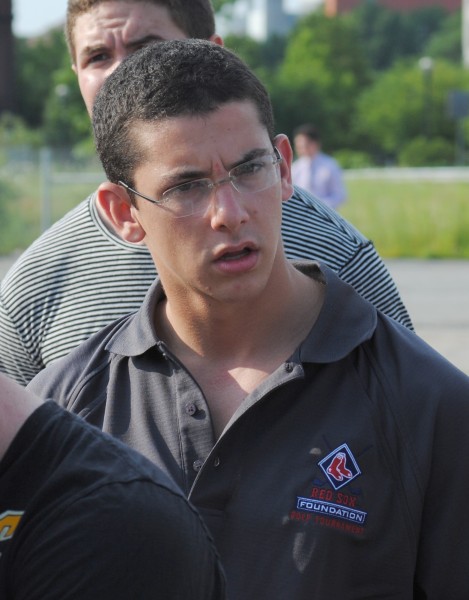
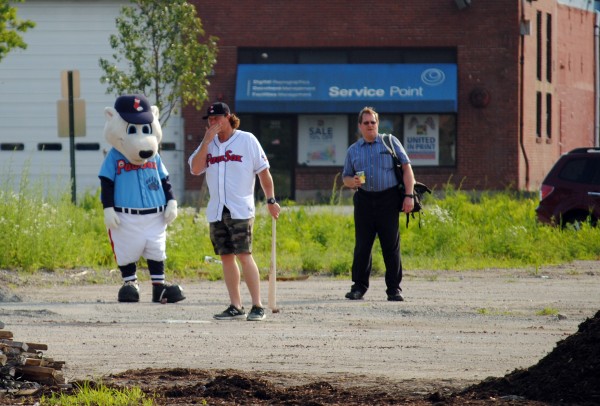
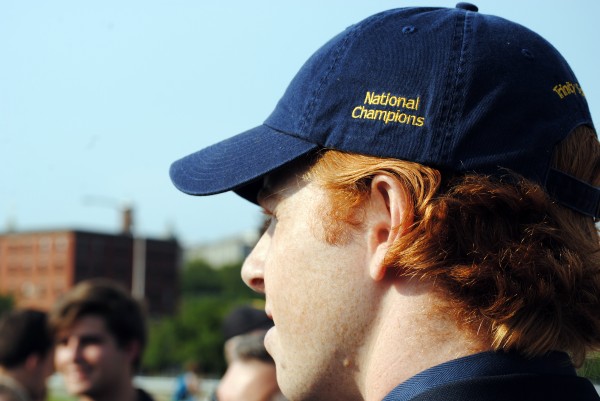
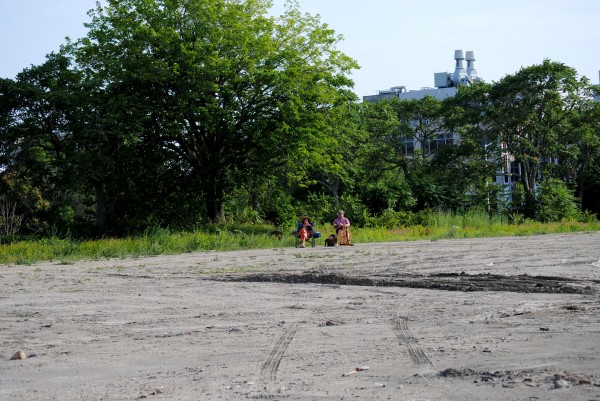

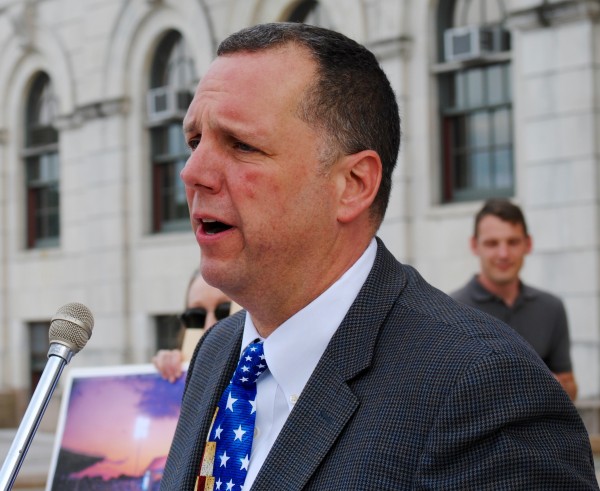
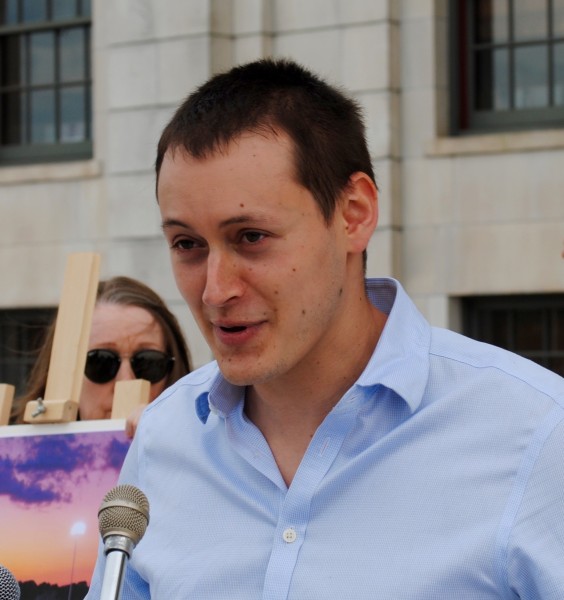
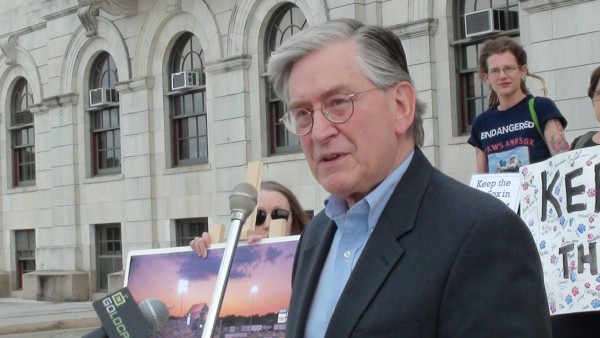
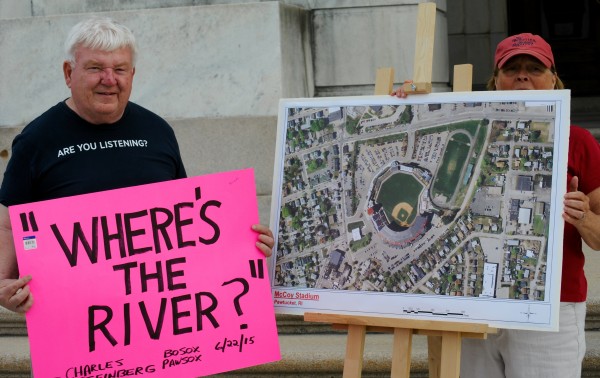
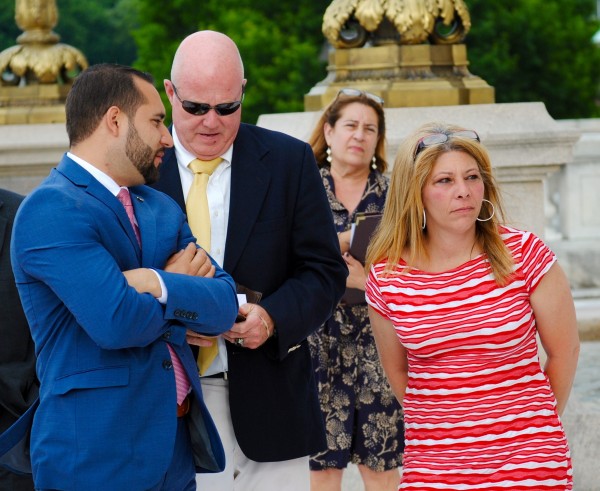
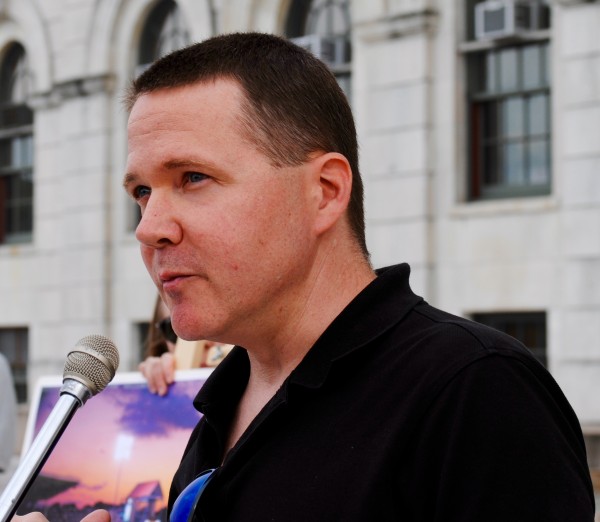
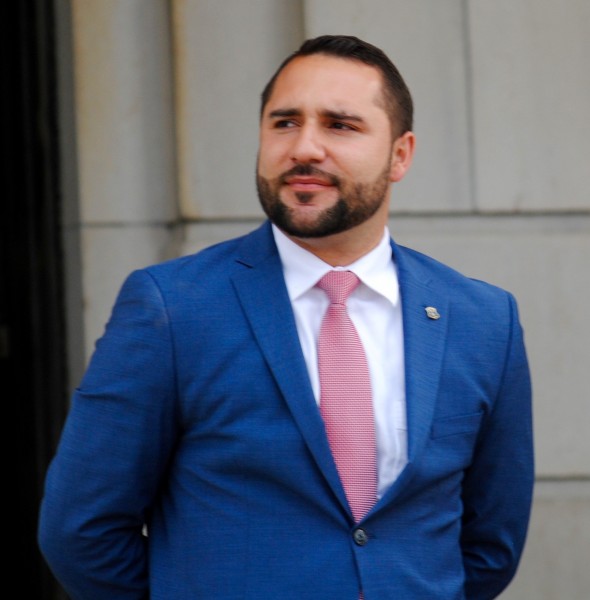
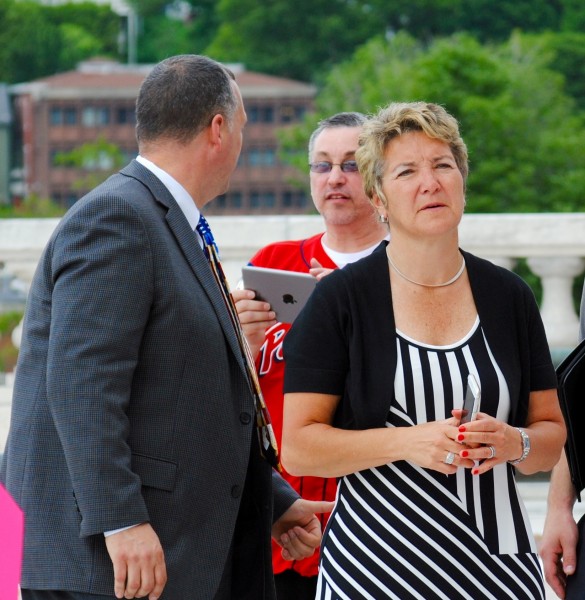
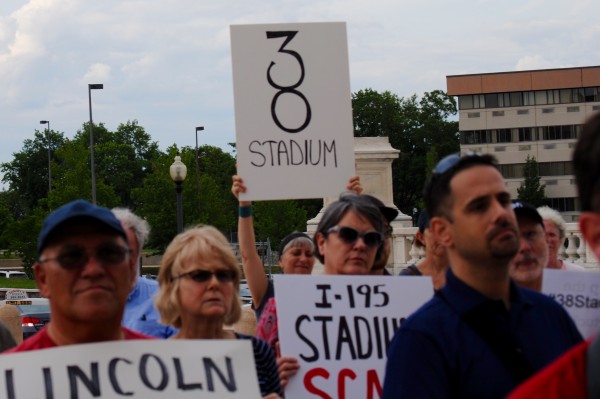
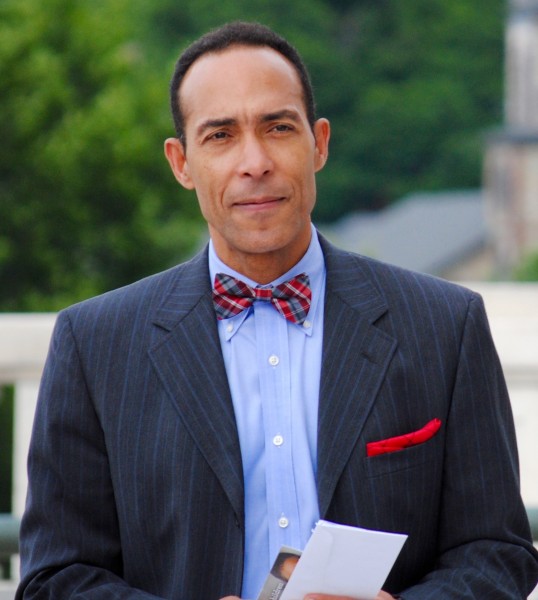
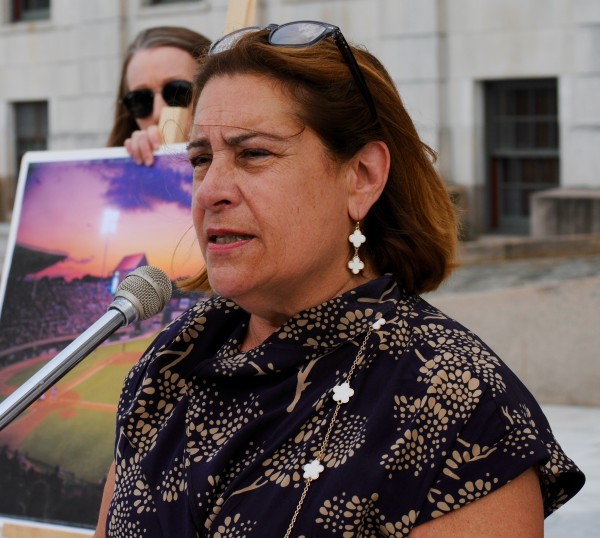
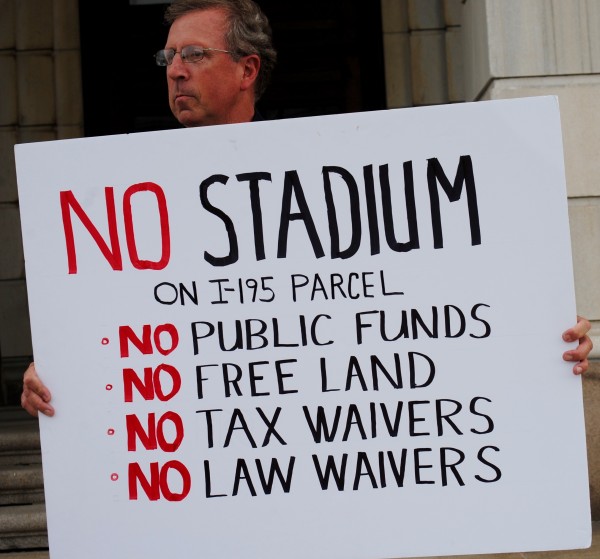
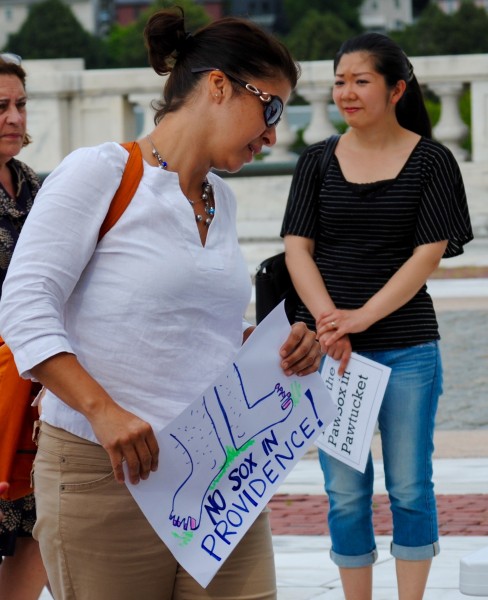
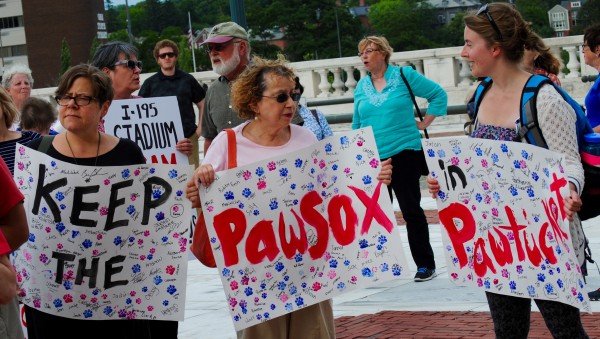
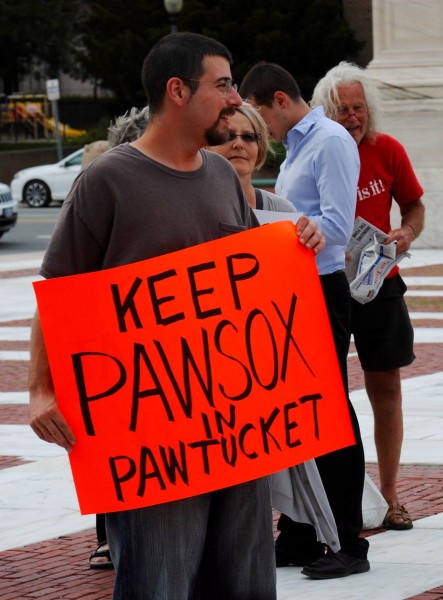
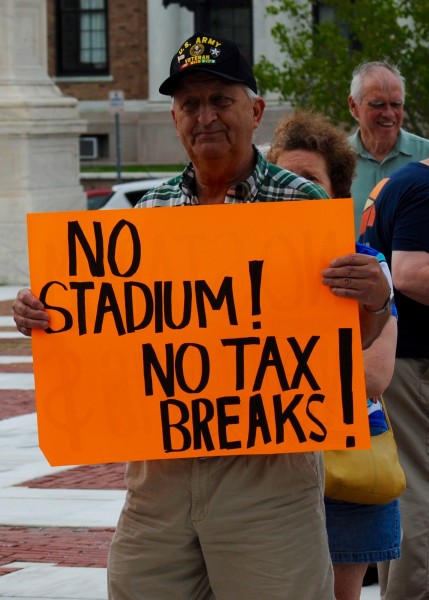
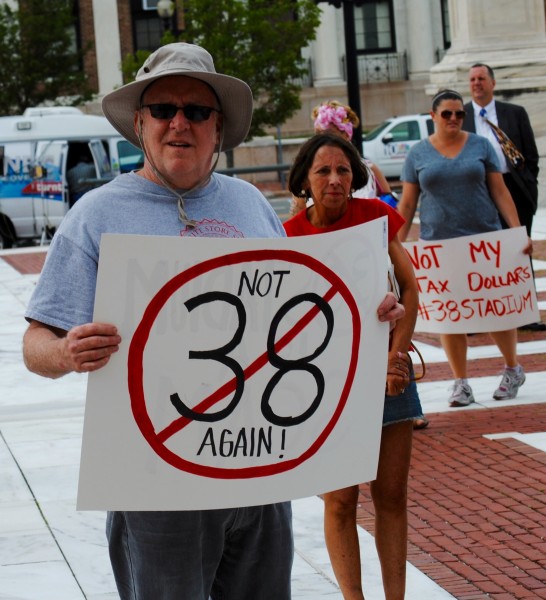
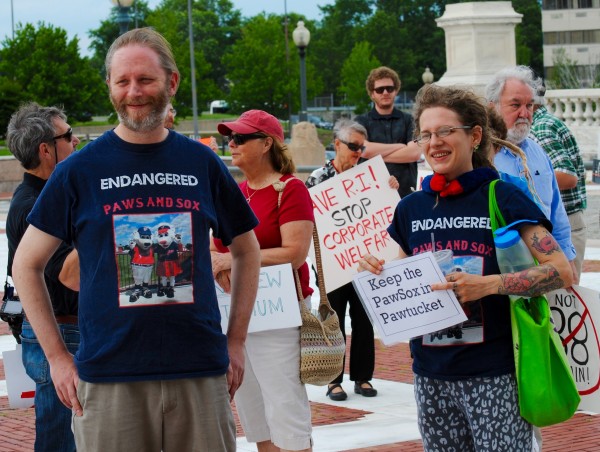
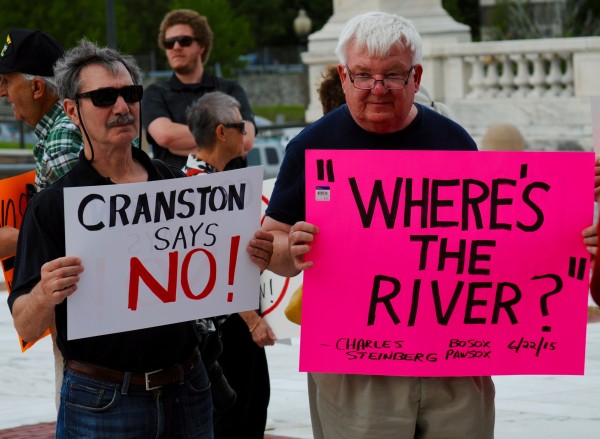
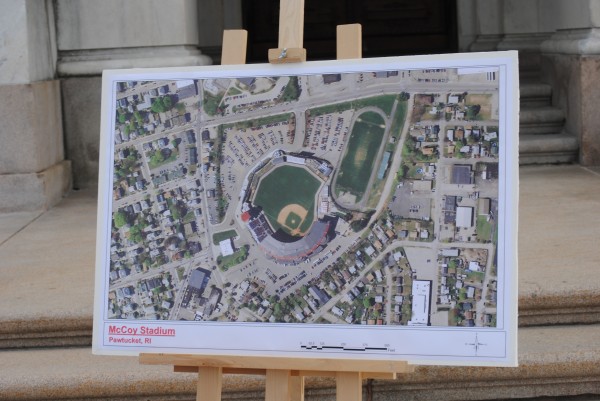
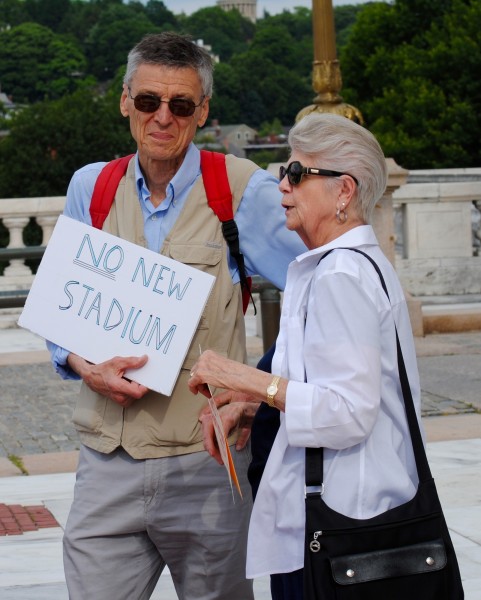
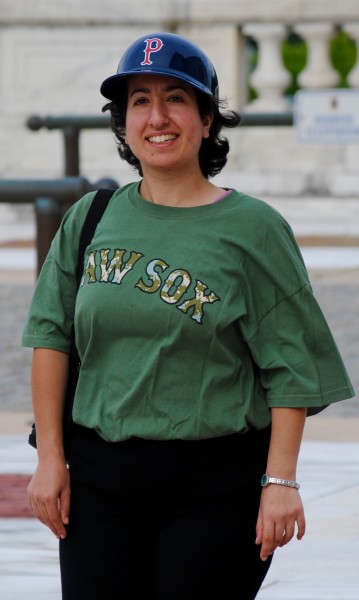
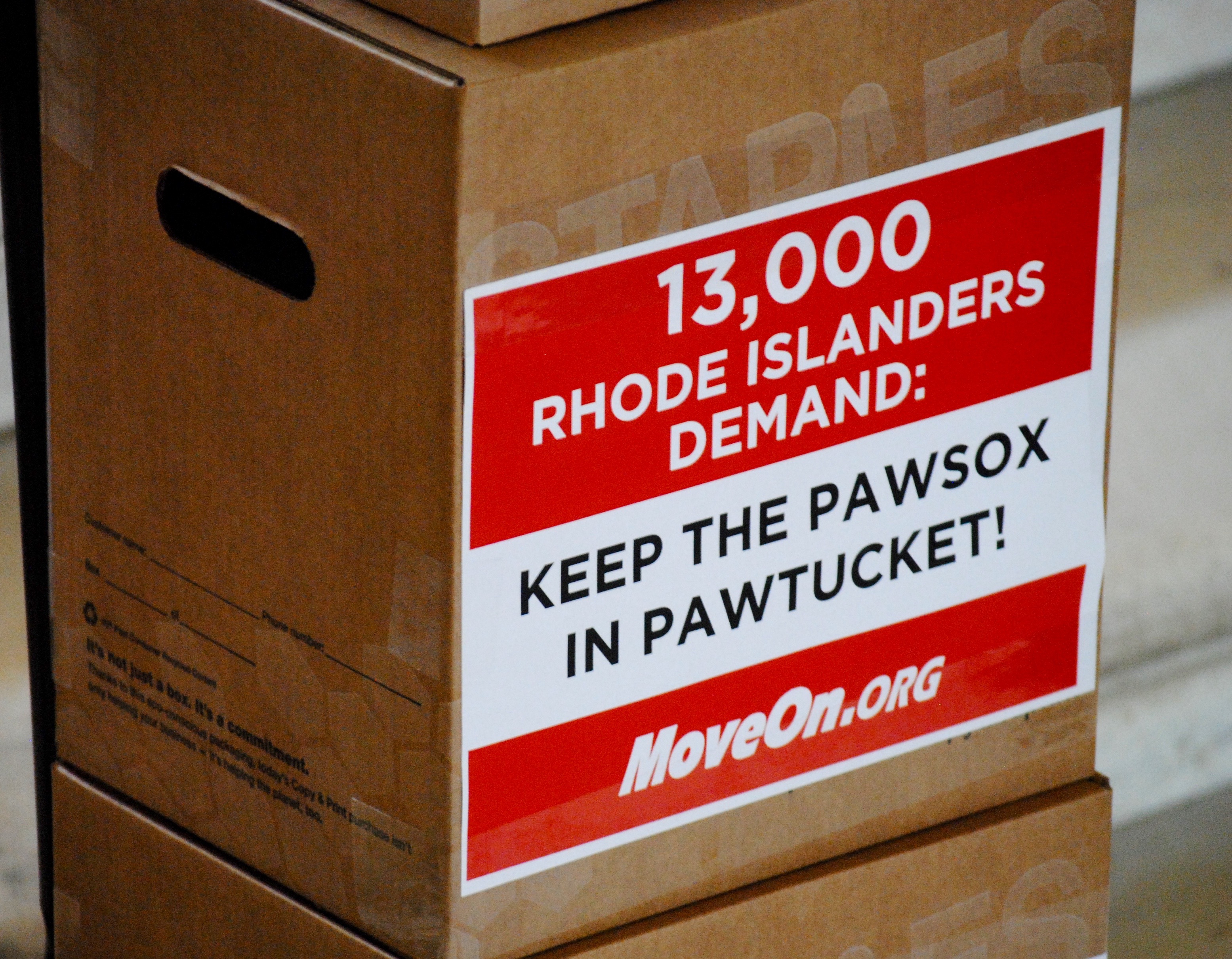
 David Norton, representing Organizing For Pawtucket, delivered petitions to Governor Gina Raimondo, Speaker Nicholas Mattiello and Senate President Teresa Paive-Weed on Tuesday afternoon. Over 13,000 Rhode Island residents signed the petition demanding that the PawSox stay in Pawtucket and that no tax dollars be spent on the construction of a new stadium in downtown Providence.
David Norton, representing Organizing For Pawtucket, delivered petitions to Governor Gina Raimondo, Speaker Nicholas Mattiello and Senate President Teresa Paive-Weed on Tuesday afternoon. Over 13,000 Rhode Island residents signed the petition demanding that the PawSox stay in Pawtucket and that no tax dollars be spent on the construction of a new stadium in downtown Providence.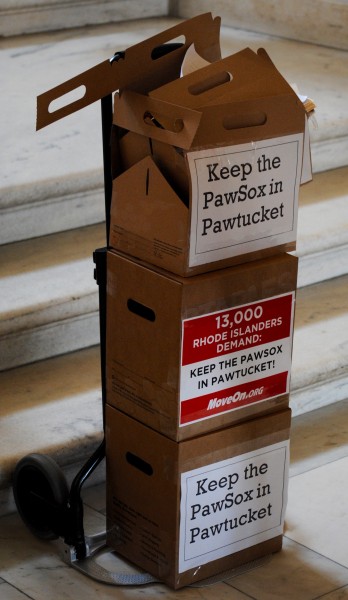
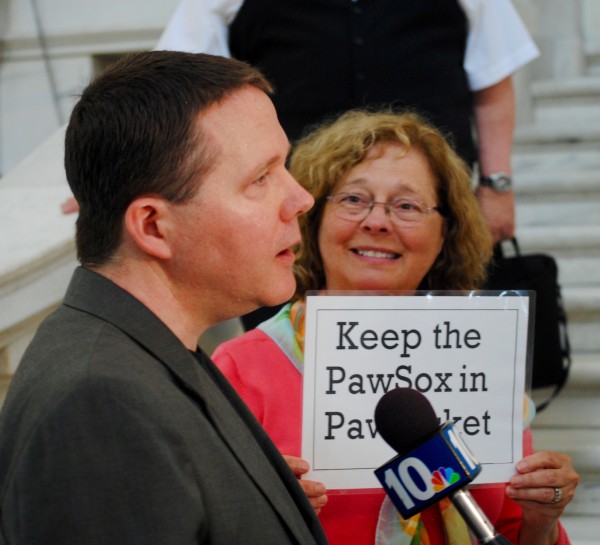
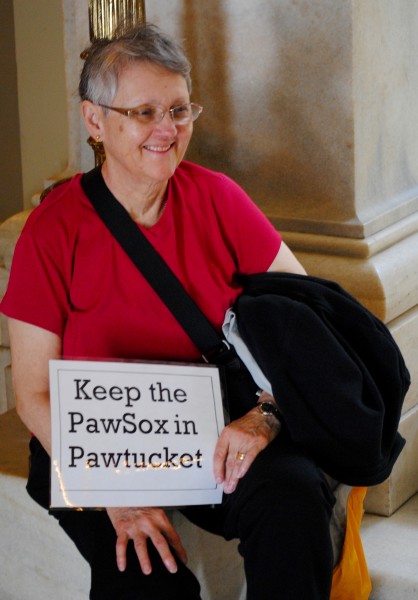

 Smith College sports economist Andrew Zimbalist has a long history delivering consulting reports that contain exactly what his clients want to hear. Has House Speaker Nicholas Mattiello hired the best person to “independently assess and review” the Pawtucket Red Sox proposal?
Smith College sports economist Andrew Zimbalist has a long history delivering consulting reports that contain exactly what his clients want to hear. Has House Speaker Nicholas Mattiello hired the best person to “independently assess and review” the Pawtucket Red Sox proposal?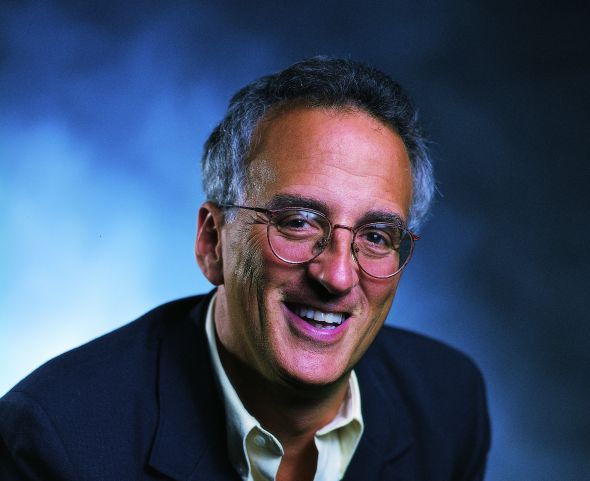 It was at this time that Tampa Bay sports reporter
It was at this time that Tampa Bay sports reporter 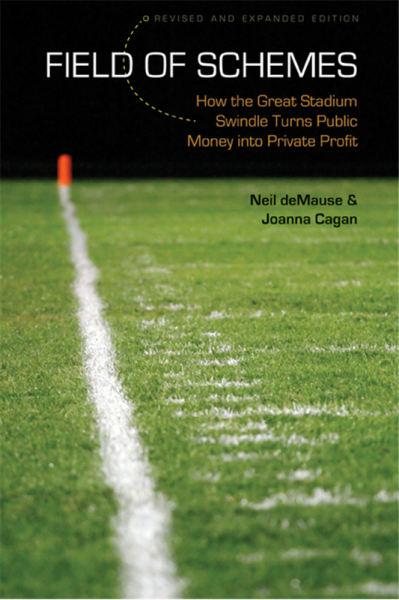 Neil deMause
Neil deMause